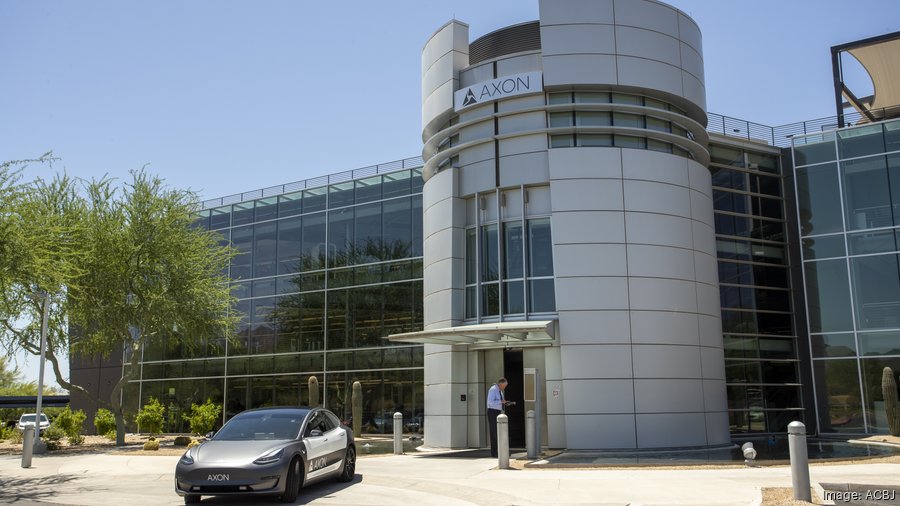AP EXCLUSIVE: Many resist census race labels
Jan 31, 2012, 11:22 PM
Associated Press
WASHINGTON (AP) – When the 2010 census asked people to classify themselves by race, more than 21.7 million _ at least 1 in 14 _ went beyond the standard labels and wrote in such terms as “Arab,” “Haitian,” “Mexican” and “multiracial.”
The unpublished data, the broadest tally to date of such write-in responses, are a sign of a diversifying America that’s wrestling with changing notions of race.
The figures show most of the write-in respondents are multiracial Americans or Hispanics, many of whom don’t believe they fit within the four government-defined categories of race: white, black, Asian/Pacific Islander or American Indian/Alaska Native. Because Hispanic is defined as an ethnicity and not a race, some 18 million Latinos used the “some other race” category to establish a Hispanic racial identity.
“I have my Mexican experience, my white experience but I also have a third identity if you will that transcends the two, a mixed experience,” said Thomas Lopez, 39, a write-in respondent from Los Angeles. “For some multiracial Americans, it is not simply being two things, but an understanding and appreciation of what it means to be mixed.”
Lopez, 39, the son of a Mexican-American father and a German-Polish mother, has been checking multiple race boxes since the Census Bureau first offered the option in 2000. Marking off the categories of Hispanic-Mexican ethnicity, “other” Hispanic ethnicity and a non-Hispanic white race, Lopez opted in 2010 to go even further. He checked “some other race” and scribbled in a response: “multiracial.”
More than three million write-ins came from white and black Americans who appear to have found the standard race categories insufficient. They include Arabs, Iranians and Middle Easterners, who don’t fully view themselves as “white” and have lobbied in the past to be a separate race category. They are also Italians, Germans, Haitians and Jamaicans who consider ancestry a core part of who they are.
Roughly half a million black Americans _ between 1 and 2 percent of their total population _ wrote in answers to signify their preferred term for black. Among them: African-American, Afro-American, African, Negro, mulatto, brown and coffee. More than 36,000 described themselves as “Negro” in whole or in part. The term, which was listed as an example on the 2010 census form, drew criticism from some black groups for being outdated and insensitive.
Lopez, a mechanical engineer who helps run a multiracial awareness group, said he believes the government should provide a wider range of choices on survey forms. “Right now there’s a significant segment of the population who feel that the boxes do not adequately represent them,” he said.
While the issue of racial identity can be deeply individual, it is also highly political: census data are used to enforce anti-discrimination laws, to distribute more than $400 billion in federal aid for roads, schools and health care, and to draw political districts based in part on a community’s racial makeup. Over the past decade, the number of people identifying as “some other race” jumped by 3.7 million, or 24 percent. Experts say an increase in the write-in responses could signify limitations to the form and potentially skew government counts.
“It’s a continual problem to measure such a personal concept using a check box,” said Carolyn Liebler, a sociology professor at the University of Minnesota who specializes in demography, identity and race. “The world is changing, and more people today feel free to identify themselves however they want _ whether it’s black-white, biracial, Scottish-Nigerian or American. It can create challenges whenever a set of people feel the boxes don’t fit them.”
In an interview, Census Bureau officials said they have been looking at ways to improve responses to the race question based on focus group discussions during the 2010 census. The research, some of which is scheduled to be released later this year, examines whether to include new write-in lines for whites and blacks who wish to specify ancestry or nationality; whether to drop use of the word “Negro” from the census form as antiquated; and whether to possibly treat Hispanics as a mutually exclusive group to the four main race categories.
“Part of our research efforts moving forward is to examine what is happening when you see more people writing in responses,” said Nicholas Jones, chief of the Census Bureau’s racial statistics branch.
Jonathan Brent, 28, an attorney in Charlottesville, Va., said he was able to select the race boxes he needed to indicate his multiracial identity _ part white, and part Asian-American, with an individual check box available to indicate Japanese. But he said others do not always find the boxes to describe themselves.
On the census form, currently only the Asian/Pacific Islander and American Indian/Alaska Native race categories have separate boxes and write-in lines to specify ancestry; those write-in answers are broken down in official census results.
Other findings from the data:
_About 2.8 million people wrote in responses falling in the white category. The answers, used to describe themselves in whole or in part, included Italian (307,000); Iranian (289,000); Arab (241,000); Armenian (185,000); German (140,000); Irish (126,000); Caucasian (123,000); Middle East (114,000); and Polish (113,000).
_Roughly 1 million respondents were in the black category. They wrote the following terms to describe themselves in whole or in part: black (366,000); Haitian (222,000); African-American (137,000); Jamaican (104,000); West Indies (83,000); African (73,000); Ethiopian (46,000); Negro (36,000); Trinidad and Tobago (34,000); Nigerian (15,000); and Afro-American (7,000).
_Some 18 million were from Latinos who indicated a Hispanic origin both as an ethnicity and race; they checked “some other race” rather than a standard category of white or black. Their answers included Mexican (8.7 million); Hispanic (5.1 million); Latin American (2 million); Puerto Rican (865,000); Spanish (531,000); Salvadoran (332,000); and Dominican/Dominican Republic (295,000).
_Among multiracial Americans, commonly used terms were mixed (156,000); biracial (77,000); brown (62,000); multiracial (38,000); mulatto (34,000); Eurasian (11,000); Amerasian (9,000); multiethnic (4,700); and interracial (2,700).
The 21.7 million people who wrote in race responses is a baseline number. Not included are people who wrote in answers such as “American,” “human being,” or “person,” which were excluded from the tally as race-neutral terms. A separate census tally of those terms has not yet been done. A 2010 sample survey by the Census Bureau estimated that roughly 20 million people in the U.S. indicated “American” when asked to identify part of their ancestry.
Roderick Harrison, a Howard University sociologist and former chief of racial statistics at the Census Bureau, predicted a wider range of responses and blurring of racial categories over the next 50 years as interracial marriage becomes increasingly common. Still, he said racial categories will continue to be relevant so long as racial gaps persist in educational attainment, income, jobs and housing.
“These histories of exclusion, discrimination, and racism are central to the identities of several minority populations,” he said.
___
Online:
(Copyright 2012 The Associated Press. All rights reserved. This material may not be published, broadcast, rewritten or redistributed.)








